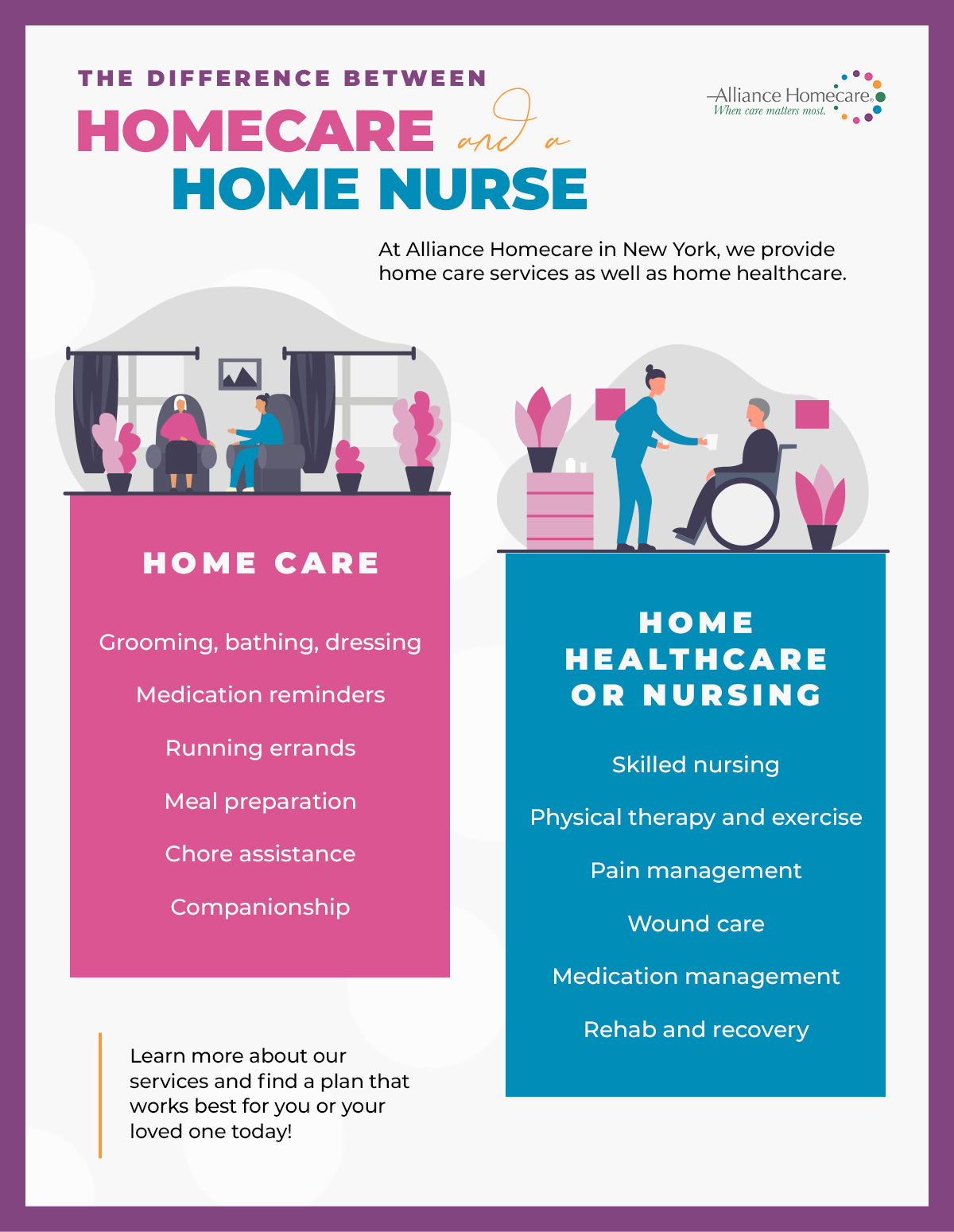
Caretakers are responsible for handling the legal affairs of loved ones who have become elderly and are no longer capable of making their own decisions. It can be an emotional and stressful responsibility. There are several legal documents caregivers can use to make sure their elderly parents get the care they desire.
It is important to create a checklist that outlines the health and care needs of aging parents. This sheet helps family members to keep track important information such as Medicare and insurance coverage.
It can save you a lot of time and anxiety if you create this checklist well in advance. It will also reduce the chance of any legal issues in the future by ensuring you have the right documents.
Legal checklists for parents who are aging should include a valid will, a health and financial power of attorney, medical directives and debt documentation. Also included in the list would be retirement accounts, citizenship documents, and other legal or financial documents.

You should also review the bank accounts, investment accounts and pension benefits of your parents. These records will allow you to identify any concerns or outstanding debts and help you determine what your parents are owed.
If you are ever in a legal situation, it is important to have copies of all your parent's documents, including their will, health care POA, living trust, and financial POA. This is all part of estate planning. It will help you fight for your parents rights in the event they are unable to make decisions on their own.
Avoiding a conflict of law, you should have a discussion with your parents about their wishes for end-oflife care as soon as possible. Ask your parents, if not already done, to sign an advance directive and healthcare power of attorneys. This gives them the opportunity to state their wishes, in case they cannot speak for themselves.
Making medical decisions for elderly parents is one of the most difficult things that you will have to do as a caregiver. When your elderly parents are not able make their own decisions, a healthcare power-of-attorney allows you to designate someone to handle these matters.
A Health Care POA allows you to gain access to your parents' medical records, if necessary. A health care POA can also allow you to access your parent's medical records, if required by law.

You should then organize all your documents into an easy-to-access filing system. This will prevent misunderstandings, which can lead to conflict in the family and eventually legal problems.
The medical legal documents of your parents should cover every aspect of their care. This includes resuscitations, invasive life-sustaining methods, pain medication, and antibiotics. Your parents should also have a list of their end-of-life wishes, which can be drafted as part of an advance directive.
FAQ
What should you know about immunizations
Immunization is the process by which a vaccine stimulates an immune response. The body creates antibodies (immunoglobulins), in response to the vaccine. These antibodies protect against infection.
How can I ensure that my family has access health care of the highest quality?
Most states have a department that provides affordable health care. Some states also have programs to cover low-income families with children. For more information on these programs, contact the Department of Health of your state.
What will happen to the health care industry if Medicare is eliminated?
Medicare is an entitlement program that provides financial assistance to low-income individuals and families who cannot afford their premiums. This program is used by more than 40 Million Americans.
Millions would be without insurance coverage, as some private insurers won't offer policies to individuals with pre-existing medical conditions.
What is a health system in public health?
The health system refers to all activities involved with providing medical services to a community. It covers service delivery, financing and regulation as well as education, training, information systems, and research.
Why do we need medical systems?
People in developing nations often do not have access to basic health care. Many people from these areas die before they reach middle-age due to diseases like tuberculosis or malaria.
In developed countries, most people get routine checkups and visit their general practitioners for minor illnesses. Many people are still suffering from chronic diseases like heart disease and diabetes.
What does the term "health care" mean?
Health care refers to delivering services related to maintaining good physical and mental health.
What are the most critical issues that public health faces today?
Many people have problems with obesity, diabetes, heart disease and cancer. These conditions cause more deaths yearly than AIDS, car crashes, and murders combined. Poor diet, inactivity, and smoking all contribute to high blood pressure and stroke, asthma, arthritis and other conditions.
Statistics
- For instance, Chinese hospital charges tend toward 50% for drugs, another major percentage for equipment, and a small percentage for healthcare professional fees. (en.wikipedia.org)
- The healthcare sector is one of the largest and most complex in the U.S. economy, accounting for 18% of gross domestic product (GDP) in 2020.1 (investopedia.com)
- About 14 percent of Americans have chronic kidney disease. (rasmussen.edu)
- Over the first twenty-five years of this transformation, government contributions to healthcare expenditures have dropped from 36% to 15%, with the burden of managing this decrease falling largely on patients. (en.wikipedia.org)
- For the most part, that's true—over 80 percent of patients are over the age of 65. (rasmussen.edu)
External Links
How To
What is the Healthcare Industry Value Chain?
All activities that are involved in providing healthcare services for patients make up the healthcare industry value chain. This includes the business processes within hospitals and clinics and the supply chains that connect them to other providers such as physicians, nurses, pharmacists, insurance companies, manufacturers, wholesalers, and distributors. The end result is a continuum of care that begins with diagnosis and ends with discharge.
The value chain consists of four major components.
-
Business Processes – These are the tasks that individuals perform throughout the delivery of health care. For example, a physician might perform an examination, prescribe medication, and then send a prescription to a pharmacy for dispensing. Every step must be done efficiently and accurately.
-
Supply Chains: All the organizations involved in making certain that the right supplies reach all the people at the appropriate time. A typical hospital has many suppliers. They include pharmacies as well lab testing facilities, imaging center, and even janitorial employees.
-
Networked Organizations - To coordinate these various entities, there must be some form of communication between the different parts of the system. Hospitals are often composed of many departments. Each department will have its own set office and telephone number. To ensure that everyone is up to date, every department will have a central point from which employees can access updates.
-
Information Technology Systems (IT) - IT is essential in order for business processes to run smoothly. Without IT, things could quickly go sour. IT also allows you to integrate new technologies in the system. If doctors want to integrate electronic medical records in their workflow, they can use secure network connections.